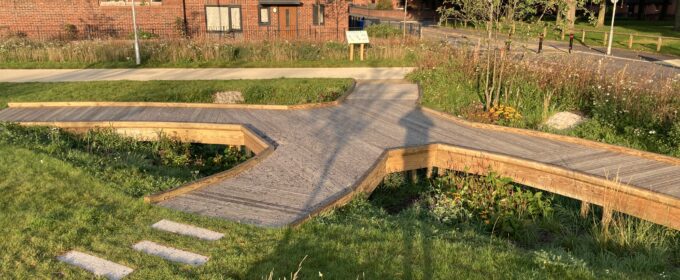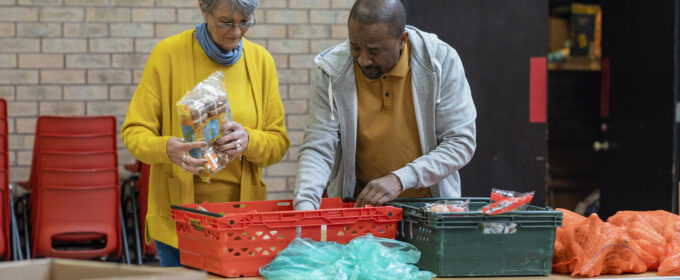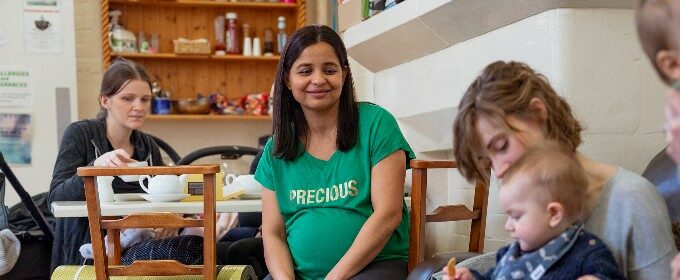Every year flooding affects communities around the UK. The Chartered Institute for Water and Environmental Management recently contended that although there has been expert agreement for many years about reforms, policy change has been slow. In part, this is due to the complex governance system within which flooding occurs. In this article, Professor Graham Haughton […]









